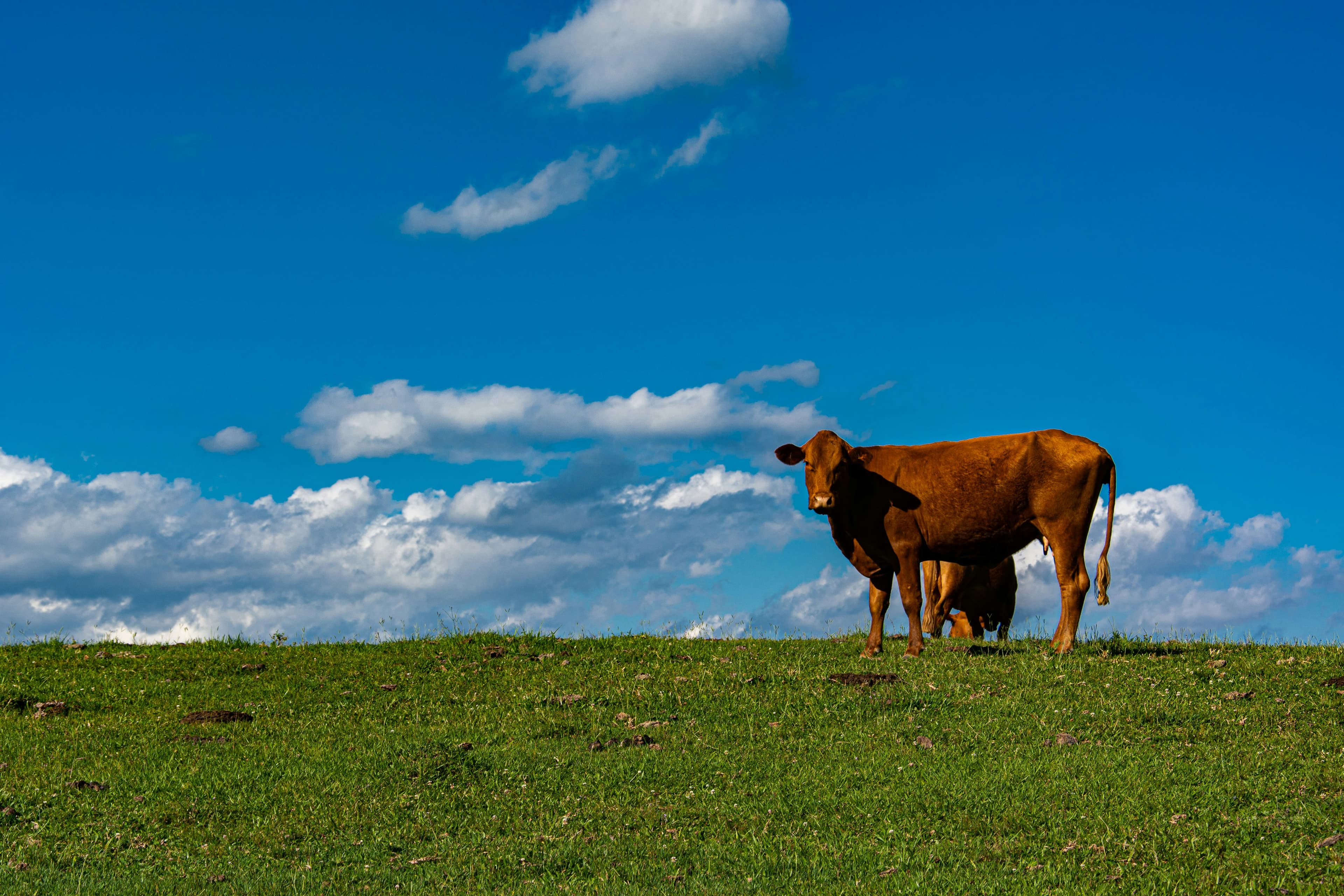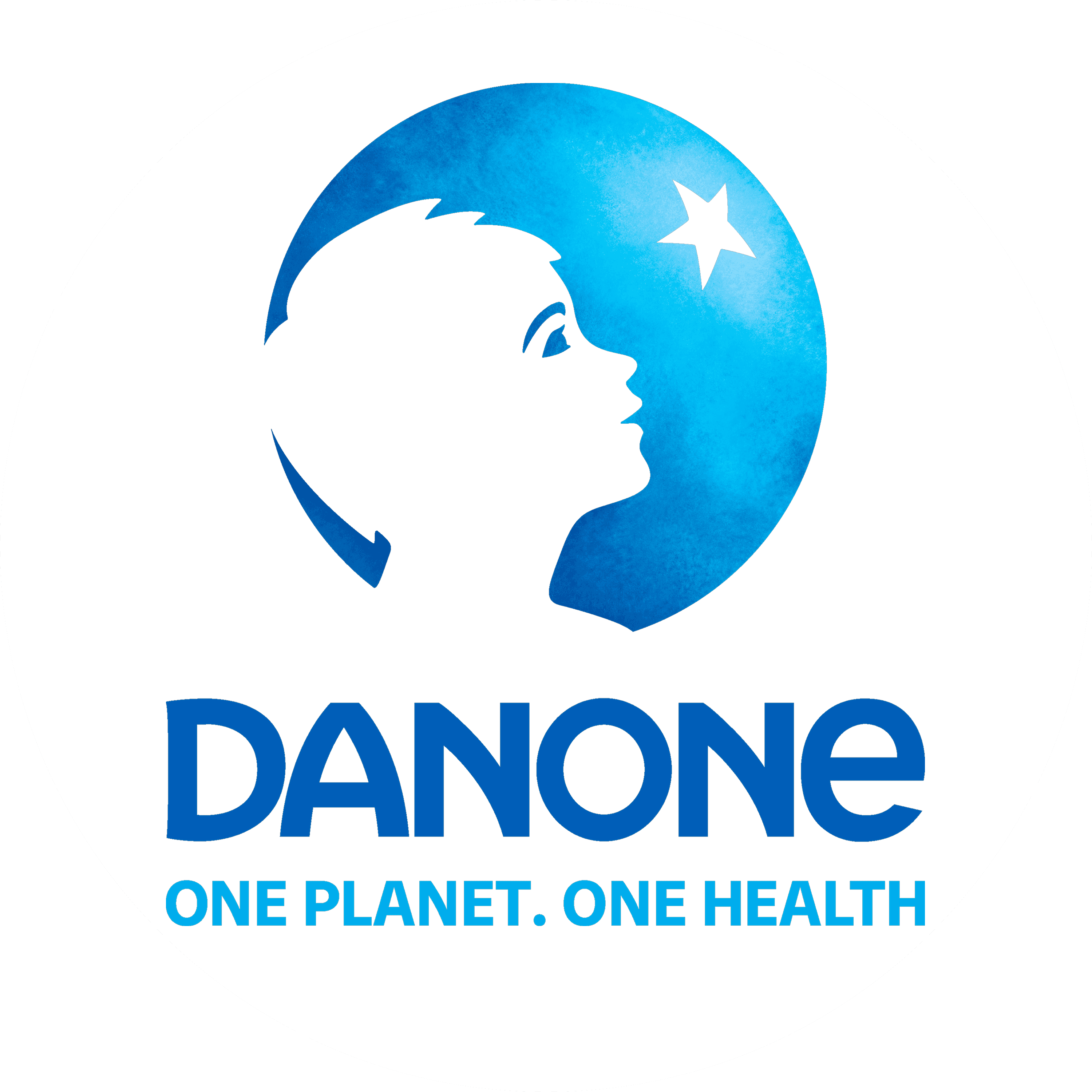
Invest in regenerative pasture-based farms in Brazil
 Danone
DanoneSummary
Regenerative dairy farming boosts productivity, soil health, climate resilience in Brazil’s Cerrado.
Context
Danone is a multinational food company headquartered in France, operating in the dairy and plant-based nutrition sectors. In Brazil, the company is investing in the future of pasture-based milk farms. The Brazilian Cerrado, located predominantly on Brazil’s Central Plateau, is the second-largest biome in the country, spanning over 198 million hectares. The 38 million hectares of degraded pasture land in the Cerrado causes social, economic and environmental losses through negative impacts on soil and the creation of soil erosion. Combined with climate change, the degradation of pastures makes pasture-based dairy farmers vulnerable: low profitability and productivity create a generational succession challenge, which threatens the continuity of dairy farming in the medium and long term. Promoting integrated crop-livestock-forestry production systems (ICLF), whereby agricultural production integrates with animal farming and forestry through agroforestry, intercropping, crop rotations and rotational grazing, can optimize land use, enhance overall productivity, improve soil fertility, diversify income streams, and promote the ecological resilience of a farm. Rede ILPF, a public-private organization formed by agribusinesses and the Brazilian Agricultural Research Corporation (EMBRAPA), advances ICLF implementation in the Cerrado by providing training on integrated farming to farmers, rural extensionists and financial sector representatives. Flora Journey aims to address dairy farmer challenges – including low efficiency and profitability and high carbon footprints – as well as business risks such as future security of supply.
Solution
Launched in 2019, the Flora Journey (Jornada Flora) develops and promotes regenerative agricultural production models that are environmentally friendly, socially fair and profitable through the establishment of a regenerative system for pasture-based milk production that benefits farmland, farmers and animals in the Brazilian Cerrado by 2030.
Flora Journey started with a pilot supporting farmer adoption of Voisin-style rotational grazing that has since scaled to a model promoting ICLF systems to rebuild soil health and reduce soil erosion, improve soil nitrogen fixation and carbon sequestration, restore biodiversity and reduce needs for mineral fertilizers and crop protection products, while improving farms’ feed self-sufficiency, economics and animal welfare along the way.
Key steps include:
Training farmers in Voisin-style rotational grazing and ICLF systems
Providing technical assistance tailored to farm maturity
Facilitating access to rural credit through partnership with Banco do Brasil
Promoting animal welfare through trainings in best practices for calf management
Supporting deforestation-free soybean meal sourcing through Danone’s membership in the Roundtable on Responsible Soy (RTRS)
Establishing a demonstration farm for peer learning
Figure 1: Brazilian dairy farmer in the field

Impact
Sustainability impact
Climate
Targets Scope 3 emissions, on dairy goods
47% reduction of emissions of kg co2eq/kg fat and protein corrected milk formulation per litre of milk from 2020-2024
Enables further reductions via regenerative pasture management and input optimization
Nature
20% increase in ground cover & cover cropping in areas using no-till farming
17% increase of organic matter in areas using cover crops, comparing the 23-24 and 22-23 growing seasons
28% reduction of fertilizer per metric ton of feed produced
Supports biodiversity restoration and soil health
Social
151 farmers supported across 5,500 hectares
20% increase in daily milk productivity
Improved animal welfare and reduced calf mortality (98% of farms diagnosed)
Enhanced farmer income and resilience
Business impact
Benefits
Increased productivity and milk quality
Reduced input costs and improved feed self-sufficiency
Access to technologies and ESG bonuses
Strengthened supply chain security
Costs
Initial investment in training, infrastructure, and labour
BRL 100 million in rural credit made available in 2025 as part of Danone – Banco do Brasil partnership, doubling 2024 investments
Plano Safra (Harvest Plan), a government program that aims to support Brazilian agriculture, and specifically small and medium-sized enterprises (SMEs), mobilizes the capital.
Costs mitigated through joint input purchasing and ESG Bonus – farmers who achieve a carbon footprint emissions factor reduction greater than 20% compared to the previous year benefit from the bonus.
Implementation
Typical business profile
Dairy and agrifood companies
Operating in tropical and subtropical regions
Engaged in pasture-based livestock systems
Mid to advanced stage in Net Zero/Nature Positive journey
Approach
Identify eligible farmers and map degraded areas
Provide tailored technical assistance and training
Facilitate access to rural credit and ESG bonuses
Promote regenerative practices and animal welfare standards
Monitor progress via MRV tools and field assessments
Stakeholders involved
Project Leads: Danone Brazil,
Company Functions: Procurement, Sustainability, Farm Management
Main Providers: Banco do Brasil, Embrapa, SEBRAE, Labor Rural, Rede ILPF
Others: Farmers, NGOs
Key parameters to consider
Mature initiative with proven results
2–3 years to scale initial implementation
Requires technical support and access to credit
Supported by government subsidies and ESG incentives
Implementation and operations tips
Build trust through peer learning and demonstration farms
Tailor support to farm maturity and needs
Monitor progress with digital tools and field visits
Encourage farmer engagement through transparent contracts and bonuses
Going Further
External links